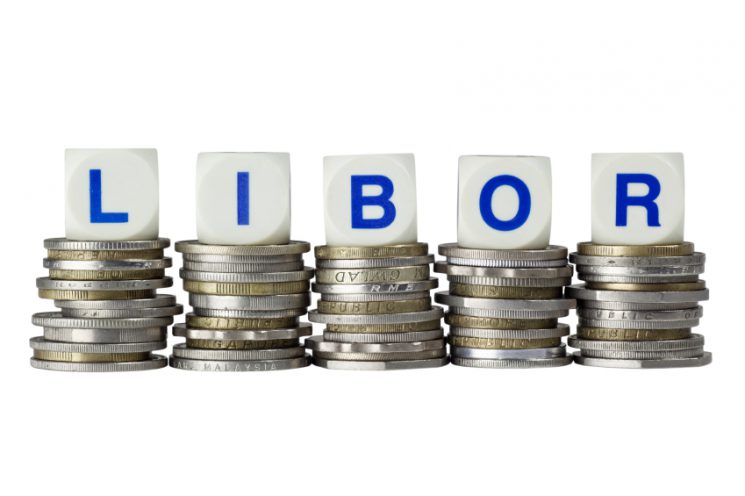The rate at which banks lend money to one another is technically referred to as the Libor rate. Over the years, there have been cases where banks, such as Lloyds, RBS and Barclays, were accused of manipulating this rate. They ended up paying billions in fines for these offences. But until now, there has been no individual who was found guilty of such actions.
But these sort of manipulations have led city trader Tom Hayes in front of the Court, where he was accused of Libor Rigging. Basically, Hayes fixed the Libor rate, so as to make personal profits – and he certainly did plenty of them!
Tom Hayes, 35 years old, from Fleet, Hampshire, has now been sentenced to 14 years in jail. The eight counts of conspiracy to defraud happened between the years 2006 and 2010, and trillions of dollars were involved. Hayes was found guilty on all eight charges. He was accompanied in court by his wide and parents.
Despite being a Briton, Tom Hayes used to work in Japan for an American and a Swiss bank. He manipulated the British financial markets and bribed traders across ten lenders. While fixing the Libor rate, Hayes managed to make significant additions to his salary and bonus. He gained up to seven figures!
The trial extended over nine weeks at the London Southwark Crown Court. He is the first person in Britain to be convicted for rigging Libor rates. Mr Justice Cooke described Hayes as being a gambler by nature, and his thirst for money led him to do this. According to the Prosecutor QC Mukul Chawla, Hayes had managed to build up a network of contacts so as to find bankers who would support him in his manipulations of the Libor rate. The jury was told that Hayes was used to begging, cajoling and even bribing brokers to try to get what he wanted. Many described him as being extremely intelligent because he managed to dishonestly manipulate the Libor rate to his advantage, not only in his bank, but even in other banks, almost every day.
Hayes used to work for the Royal Bank of Scotland and the Royal Bank of Canada. In 2006 he joined UBS, and later in 2009 he decided to join Citi because according to him, UBS were not paying him enough! Suffice it to say that for just nine months of work he received £3.5m before tax! Hayes made money for his paymasters by betting against the future value of the Libor rate that was offered by banks lending the yen. In time his actions were reported to senior management and he was sacked. Hayes countered this by claiming that his trades had made more than £186m for UBS. Despite that, he was arrested in the UK in December 2012 as soon as he returned from Tokyo. Even though Hayes admitted that he had done all this, he continued to claim that there was nothing dishonest about it because his bosses were aware of what he had been doing all along. The US is also seeking Hayes’ extradition for various offences he committed in connection to the American financial system.





